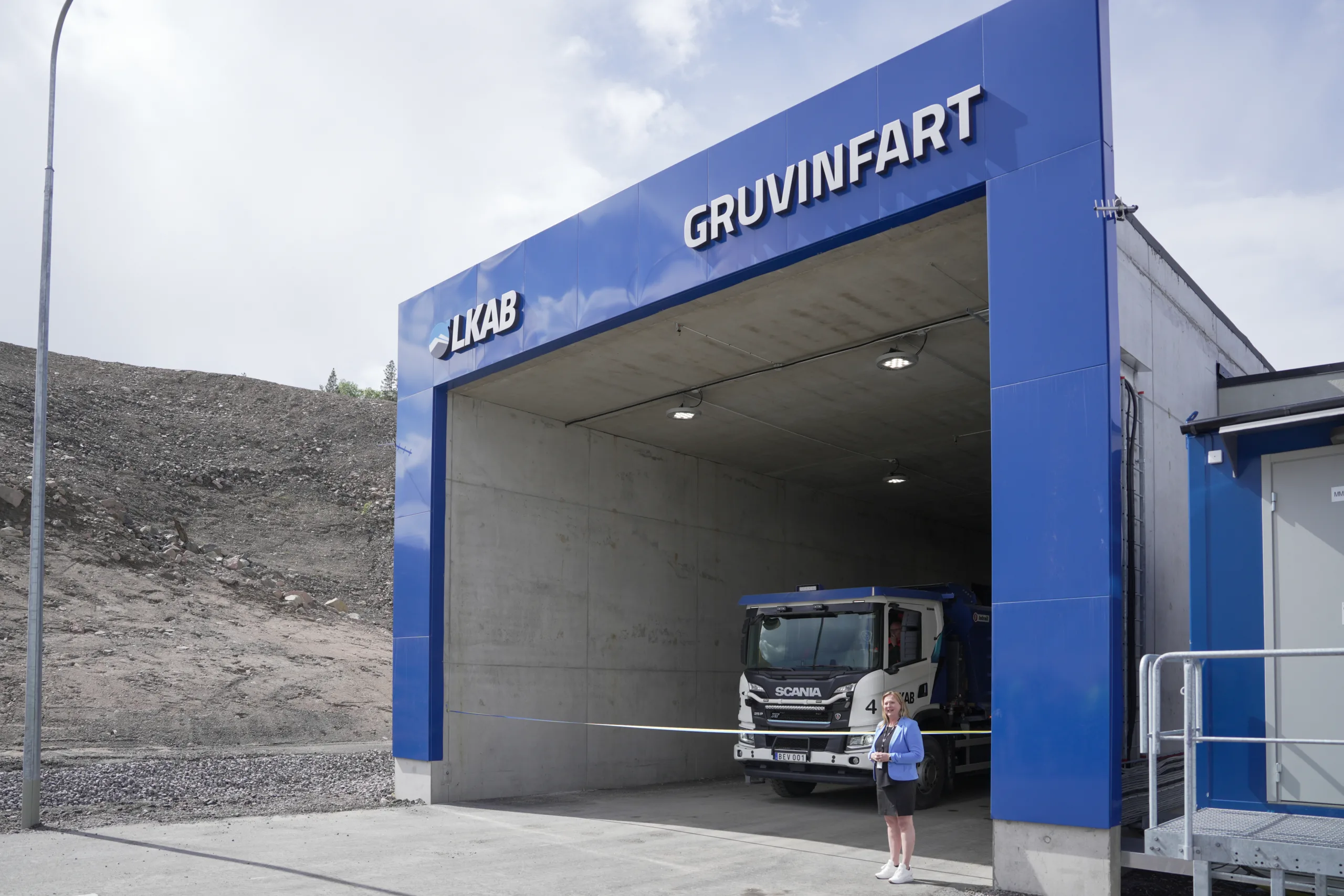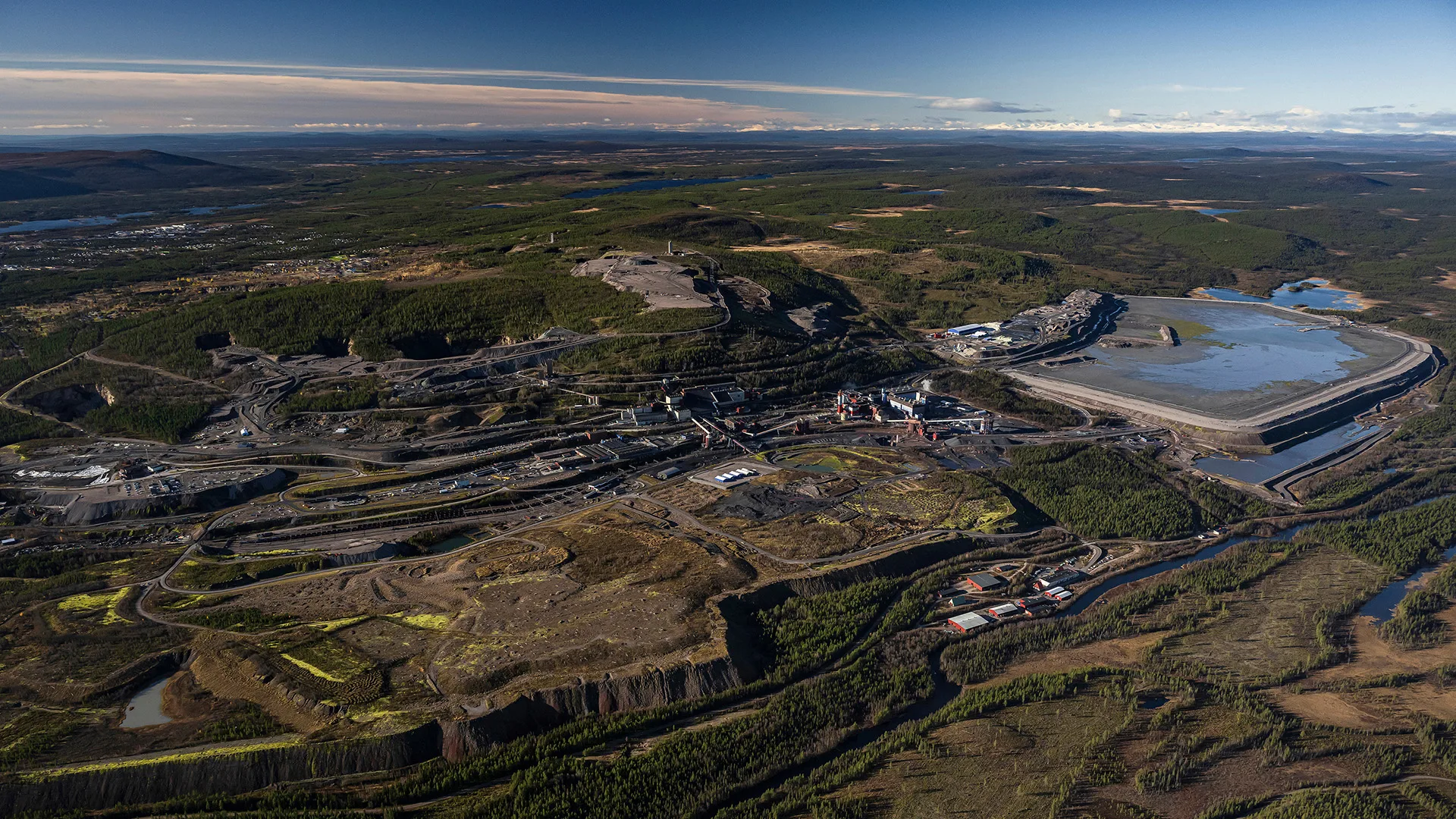Trafikverket: More trains on Malmbanan, more disruptions
An article in Swedish business daily Dagens Industri gives the impression that Trafikverket sees no problems with running more trains on Malmbanan. In fact, Trafikverket maintains that there is room for more trains, but that this will cause disruptions resulting in major consequences. That is precisely what worries LKAB.
Dagens Industri continues in its articles to simplify very complex issues with respect to LKAB and trivialize the difficulties. If we listen to what Trafikverket is actually saying, it is evident that we share the same viewpoint.
Article: “Trafikverket: LKAB har fel om Malmbanan – H2GS får plats”
The text gives the impression that Trafikverket’s Director General is putting LKAB in its place by stating that there would be no problem running an additional 1-2 trains per day, so that H2GS can receive ore deliveries in Boden from our mine in Kiruna. However, the TV interview with Trafikverket’s Director General provides greater detail and more insight into the situation.
Roberto Maiorana says, “With more traffic in the system we will get more disruptions and the disruptions will have greater effects”.
This is the crucial point which DI has failed to include in the article. We already have major disruptions on Malmbanan; more trains will worsen the situation.
TV news item: “Trafikverket: Kommer finnas plats för både LKAB och H2 Green Steel”
More disruptions mean more train cancellations, which is why we are already forced to overbook departures. If a train misses its slot on a section of the line, we must cancel bookings for the following slots. This in turn means that we risk not being able to deliver to our customers as agreed. When you only have about 15 steel companies as customers, as we do, this seriously jeopardizes our operation.
An iron ore company does not want to place customers at risk of having to cut production in their steelworks, which are built to produce continuously and consistently. If we gain a reputation as a supplier that is unable to honour delivery commitments, we’re in serious trouble. That is no minor issue.
In addition, over the coming ten-year period, Trafikverket plans to suspend more traffic during the summers in order to manage all the necessary maintenance and upgrading. Of course, that is good and it must be done; but it complicates things for everyone operating on the line. And that is only with today’s traffic volume.
On top of this we also plan to haul millions of tonnes of new ore when, hopefully, we will be able to start mining the Per Geijer deposit in Kiruna, which in addition to iron ore also contains phosphorus and rare earth elements.
Certainly, it may be tempting to simplify very complex challenges and to try to present an image of LKAB as a sly and stubborn obstructor. But we have genuine concerns based on the reality we experience every day and the experience we have of trafficking Malmbanan.
Having said that, as recently as April we came to an agreement with H2GS and Trafikverket, whereby we and H2GS would jointly fund a capacity analysis to thoroughly investigate the opportunities and outcomes with respect to deliveries to Boden. This will allow us to continue our discussions and find means of managing the complex situation which the extended track-work periods will entail. We firmly agree that this work is essential. Based on this, commercial negotiations will then be conducted among the parties involved, not in the media.




